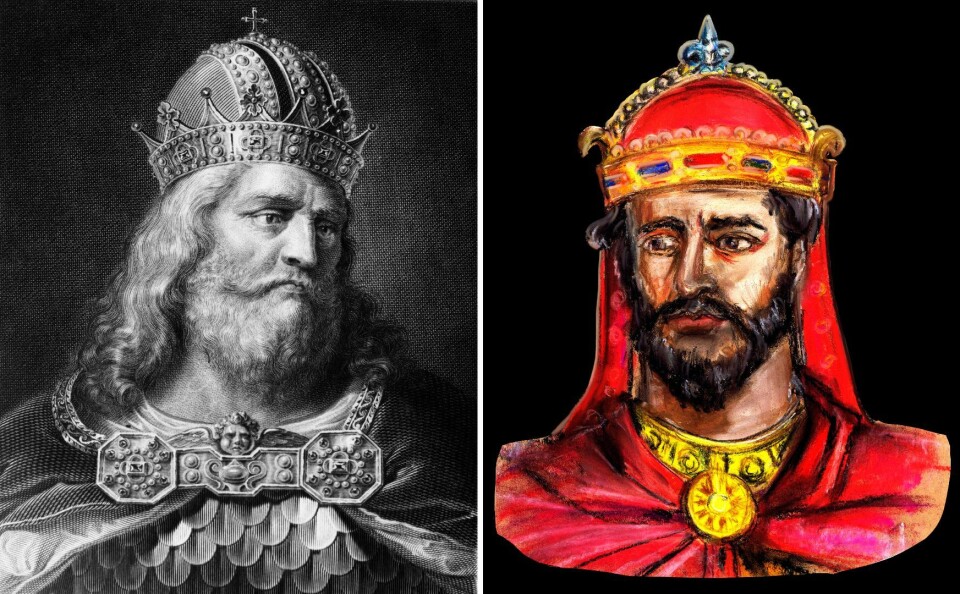-
Ballet lessons bring health benefits to over-55s in France
Online classes with the Silver Swans are transforming lives of older adults
-
Chauvet cave in south of France is slowly revealing its secrets
3D technology is revolutionising our understanding of 36,000-year-old paintings in the Chauvet Cave in Ardèche
-
How does France’s April Fools’ Day differ from that in UK or US?
It is in schools where we see a real French peculiarity
Five French civil wars - from Charlemagne to the Paris Commune
We look at five of the most important conflicts fought on French territory

There is not a conflict called “the French Civil War” but this country has had its share of internal, fratricidal clashes in which one group fights another within the national territory. Here are the five most important of them.
1. The Carolingian Civil Wars 9th century
Charlemagne created an empire to last a thousand years but it did not even survive a decade.
On his death in 814 he left it to his only legitimate son, Louis the Pious, who had to fight three civil wars to hold on to his inheritance.
A fourth war, after Louis’ death, ended with the Treaty of Verdun, 843, by which the empire was split in three, thus giving birth to the state of France and, ultimately, Germany.
Read more: Royal history: ‘top’ five kings of France named Louis
2. The Albigensian Wars 1209–1255
This series of conflicts was effectively a contest between the north of France and the south.
Armies from the north descended on the Languedoc to eradicate the Cathar heresy in the name of the king and of the Pope.
They succeeded but only at the price of great brutality.
One invading general is said to have told his soldiers to kill everyone in the town of Béziers and let God sort out the faithful from the heretic souls.
3. The Wars of Religion 1562–1598
The Reformation was marked in France by eight interconnected campaigns as royalist-Catholics fought to prevent dissenting Huguenots (Protestants) from having the right to worship as they pleased.
The result was inconclusive.
The accession of Henry IV, Protestant turned moderate Catholic helped end hostilities but the dissatisfaction of the Huguenots rumbled on for a century after and large numbers of them left France.
4. War in the Vendée 1793–1796
The French Revolution was by no means universally welcomed.
This two-part counter-revolution in the name of the monarchy and the Catholic church was the biggest armed challenge it had to contend with.
It is estimated that 200,000 people died before the Vendée region (in the west of France) was brought under control.
5. Paris Commune 1871
France’s defeat in the war against Germany brought down the Second Empire and produced the Third Republic but a disobedient segment of working class Paris set up an alternative government to pursue a progressive agenda that is seen as being a century ahead of its time.
The Commune held out from 18 March to 28 May 1871 before the inevitable clash with authority occurred.
It was suppressed in the Semaine Sanglante, a bloody week of street battles and executions.
An estimated 10,000-15,000 communards died in the reprisals.
Related articles
Five famous historical French figures who were exiled to Britain
Five French films remade in English – which version is better?
How the Revolution gave France a head for heritage conservation
























